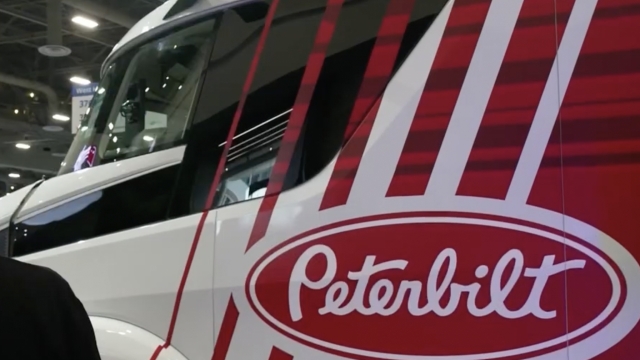Imagine you’ve just stepped aboard the Supernal electric aircraft, or eVTOL, due to fly you over the congested freeways of Los Angeles — 40 miles in 20 minutes.
"You get on your app, you say, 'I need to go from here to there,' you get in a car, you go to a vertiport, you get on an eVTOL. Go through the sky, come land at the next vertiport, then get in a car and finish that trip,'" said Ben Diachun, chief technology officer at Supernal.
If Supernal gets this project off the ground, their flying taxi could reduce traffic congestion, cut fuel emissions and speed up travel across major cities.
SCRIPPS NEWS' JAMES PACKARD: You guys have also implemented some pretty cool automotive design for the interior.
BEN DIACHUN: Well what we are doing is taking the best of auto into aero. So we worked at Supernal with Hyundai Motor Group’s design centers for a really comfortable cabin experience.
Supernal, a division of Hyundai Motor Group, is part of a multitrillion dollar automotive industry. They gathered at CES racing to stay ahead as our transportation technology gets smarter.
Rich Kramer is CEO of Goodyear and says, "CES is a really great enabler to really push our thinking."
The company just announced smart tire technology that will help autonomous and semiautonomous vehicles measure the conditions of the road and respond to it accordingly.
"It’s not just something that can enable autonomous vehicles. All vehicles have increasing autonomy in them. So those type of features, even in a fully driving vehicle, not an autonomous vehicle, still can help that driver react faster and help the vehicle react before the driver does in certain circumstances that are out there," said Kramer.
At the company PACCAR, legacy truckmakers like Kenworth and Peterbilt are forging their way into electric vehicles.
"We’re learning. Our customers are learning," said Adam Salnick, assistant chief engineer for Kenworth Trucks.
A truck already popular in Europe runs on a battery, while another one is still diesel-powered, but designed in a partnership with the U.S. Department of Energy to be more aerodynamic and burn less fuel.
Then there’s hydroelectric.
"We are partnered with Toyota as our fuel cell supplier, and we’re going to be launching in 2025 with this truck. So this is a completely zero-emissions solution, it’s an electric truck but rather than storing the energy in batteries, we’re using a fuel cell. And a fuel cell — what a fuel cell does is it turns hydrogen into electricity and water," said Salnick.
The new technology is daring consumers to jump aboard, demand clean transportation and make it the way of the future.
PACKARD: What would you say to people who go, "I'm not getting in that thing, why would I do that?"
DIACHUN: Sure. Well, I think, like with any new technology, we recognize there’s the early adopters. So we are focused on our launch customers. They’ll see how safe it is, how comfortable it is and how their transportation from one point to the other in a congested city area can be simplified. And in the 2030s time frame we think this’ll become adopted.
Trending stories at Scrippsnews.com




